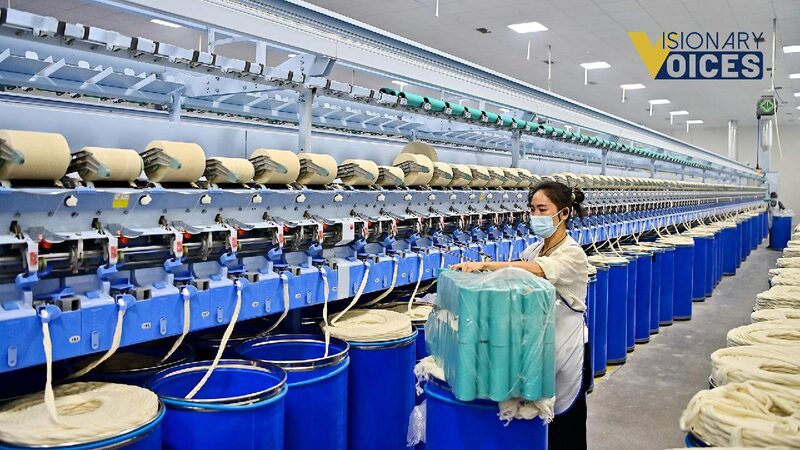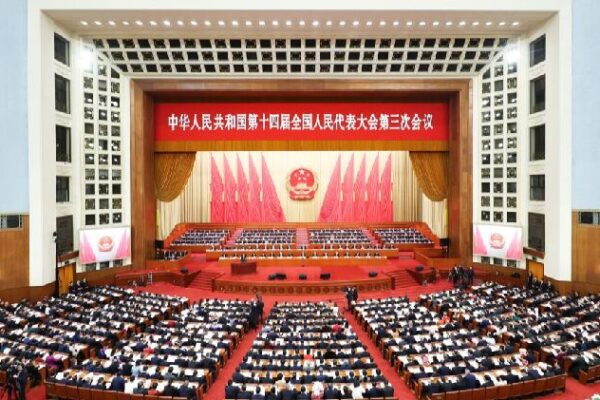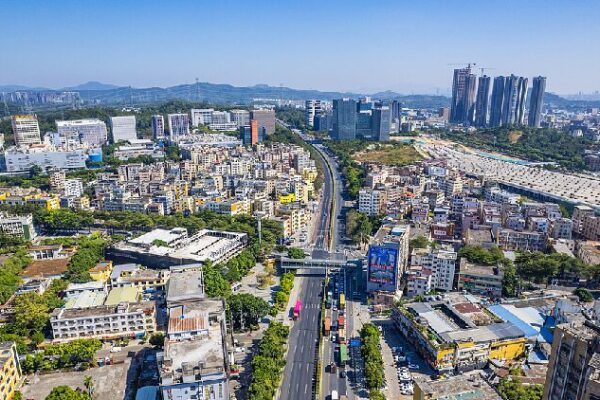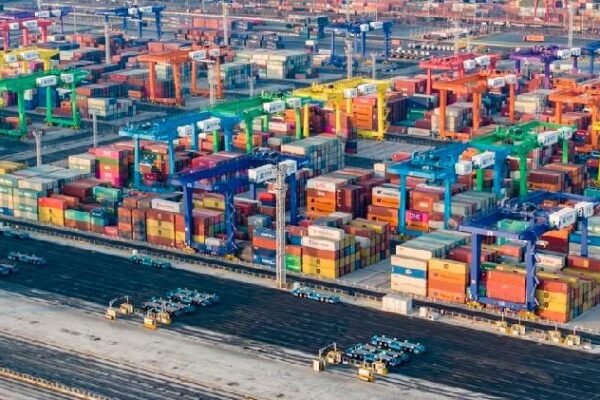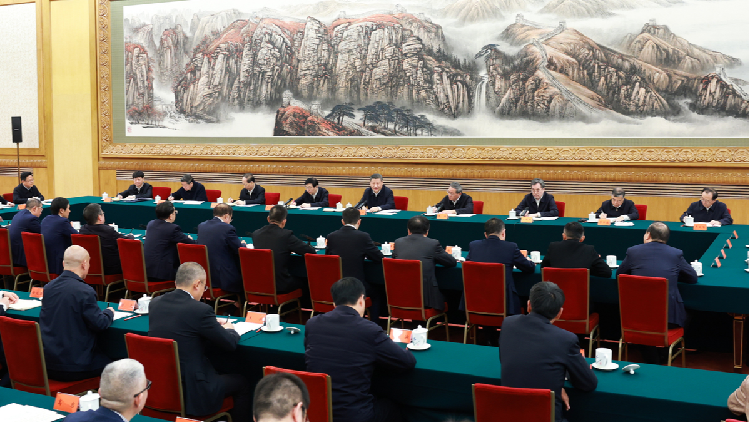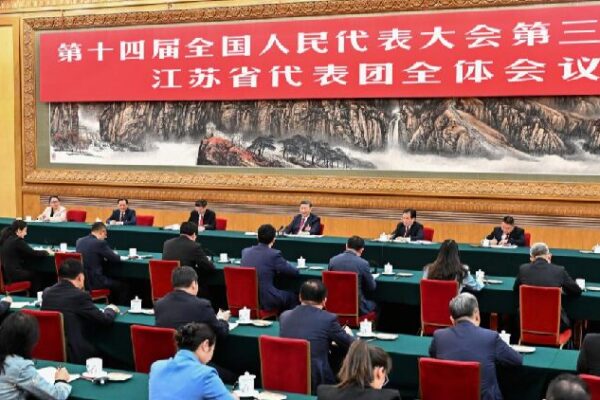China’s Private Economy: Driving Growth and Innovation
China’s private economy has become a cornerstone of the nation’s rapid economic rise over the past four decades. Since the economic reforms and opening up in the 1970s, private businesses have been at the forefront of innovation and growth, transforming China into a global economic powerhouse.
Contributing over 60% of China’s GDP, the private sector is a major engine of economic development. It accounts for 70% of technological innovation and employs over 80% of the workforce in urban areas. This not only fuels economic expansion but also plays a crucial role in maintaining social stability.
Championing Innovation and Economic Growth
Private enterprises in China have been instrumental in advancing industries such as manufacturing, artificial intelligence, and renewable energy. They contribute significantly to technological breakthroughs, driving over 70% of the country’s innovations.
The government’s commitment to creating a fair business environment has been key to the private sector’s success. Policies promoting transparency and equal opportunities have allowed private businesses to compete on a level playing field. For instance, the Special Administrative Measures for Foreign Investment Access provides clear guidelines, reducing uncertainties and fostering a favorable investment climate.
Expanding Opportunities through New Consumption Trends
With the rise of the digital economy, new consumption trends like e-commerce and live-streaming sales are opening up vast market opportunities. Young people are embracing these platforms, fueling growth in digital services and cross-border trade.
Government investments in critical IT infrastructure, such as 5G networks, have accelerated the development of the e-commerce ecosystem. This not only boosts domestic consumption but also connects rural and urban markets, supporting the rural revitalization strategy.
Strengthening Employment and Protecting Livelihoods
The private sector is a key job creator in China, enhancing workforce skills and fostering entrepreneurship. Companies like Alibaba and Huawei have generated millions of direct and indirect jobs.
Programs like the National Vocational Education Reform Plan and the Digital China Strategy ensure that workers remain competitive by enhancing technical and digital skills. In 2023 alone, China provided subsidized training for 18 million people in advanced manufacturing and digital competencies.
To ensure the sustainability of employment opportunities, the government has introduced social security measures covering private sector employees. This protects livelihoods and contributes to social stability.
A Path Toward Sustainable Prosperity
The partnership between the Chinese government and the private sector has been central to driving growth, creating jobs, and fostering innovation. By strengthening the private economy, China is enhancing prosperity and improving living standards.
By fostering a dynamic and inclusive private economy, China can sustain high-quality growth and enhance its competitiveness on the global stage.
Reference(s):
Private economy in China: Driving stability and enhancing prosperity
cgtn.com
